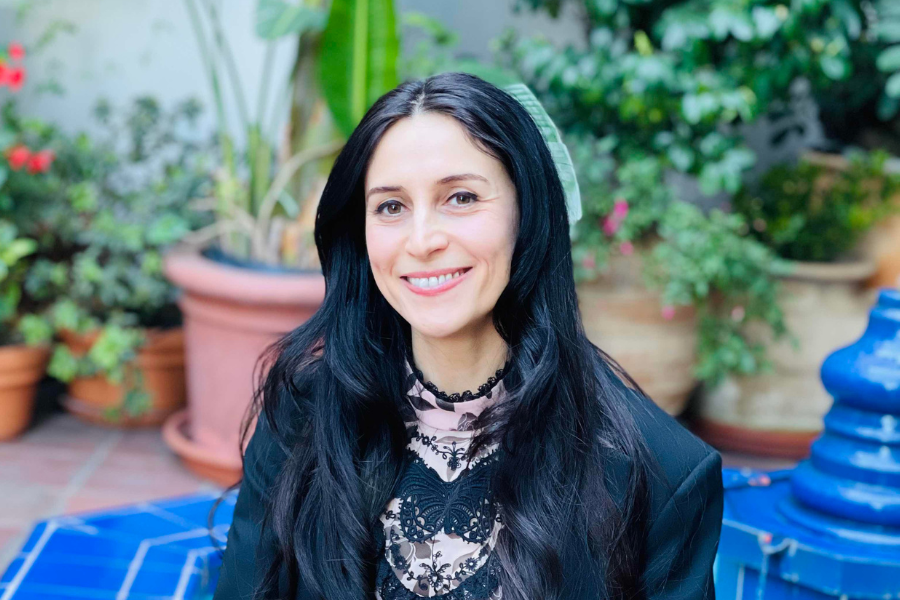Ghobadi named ACM-W Rising Star

The Association for Computing Machinery (ACM) awarded Manya Ghobadi, MIT EECS associate professor and CSAIL principal investigator with the ACM-W Rising Star Award for her impactful computer networks research. Each year, the ACM honors a woman who has made significant contributions to the discipline early in their career.
Ghobadi’s current research interests are centered on building efficient network infrastructures that optimize resource use, energy consumption, and high availability. A key aspect of her work involves enabling physical-layer reconfigurability in modern networks to achieve high throughput, low latency, and fast recovery from failures. Ghobadi uses optical devices and other advanced hardware to develop architectures, algorithms, and protocols that maximize the infrastructure of systems and networks.
Ghobadi’s recent research on efficient systems for machine learning exemplifies her “rising star” status. In a series of technical innovations, Ghobadi’s research group proposed several practical solutions to improve the efficiency of machine learning datacenters. Her group showed that distributed Deep Neural Network (DNN) training workloads do not satisfy common assumptions about datacenter traffic, making today’s networks a bottleneck for large DNN training jobs. To address this challenge, her team proposed TopoOpt, a reconfigurable optical datacenter for distributed DNN training. TopoOpt co-optimizes the distributed training process across three dimensions: computation, communication, and network topology using an alternating optimization technique and Euler’s Totient function.
Ghobadi’s work inspired sophisticated and adaptable algorithms that assist with modern network applications and datacenter environments. Last year, her team demonstrated the flaws of fair-sharing, a “holy grail” of congestion control algorithms, for machine learning clusters. The researchers proposed a novel scheduler that automatically interleaves jobs on network links, reducing the number of congestion events by an order of magnitude while demonstrating the importance of re-evaluating traditional congestion control paradigms.
“I’m deeply honored and humbled by this recognition,” says Ghobadi. “My journey in computer science and technology began during my undergraduate studies at Sharif University of Technology in Tehran, Iran, where I pursued a Bachelor’s degree in Computer Engineering. It was during this time that I developed a strong passion for technology, driven by the potential of using computation to make a positive impact on society.”
The ACM-W Rising Star Award was first given out in 2020 to MIT EECS associate professor and CSAIL principal investigator Vivienne Sze, whose innovative work includes accelerators that assist with power reduction in computer vision and deep learning. As the 2023 recipient, Ghobadi has made significant contributions to the systems and networking domain early on in her career, developing technologies now utilized by Microsoft, Google, Meta, and Juniper Networks in their real-world systems.
Ghobadi has been recognized as a promising innovator before, having won the SIGCOMM Rising Star Award this past October. She has also received a Sloan Fellowship in Computer Science, an NSF Career Award, the first Optica Simmons Memorial Speakership, and best paper awards at the Conference on Machine Learning and Systems (MLSys) and ACM Internet Measurement Conference (IMC).
Media Inquiries
Journalists seeking information about EECS, or interviews with EECS faculty members, should email eecs-communications@mit.edu.
Please note: The EECS Communications Office only handles media inquiries related to MIT’s Department of Electrical Engineering & Computer Science. Please visit other school, department, laboratory, or center websites to locate their dedicated media-relations teams.